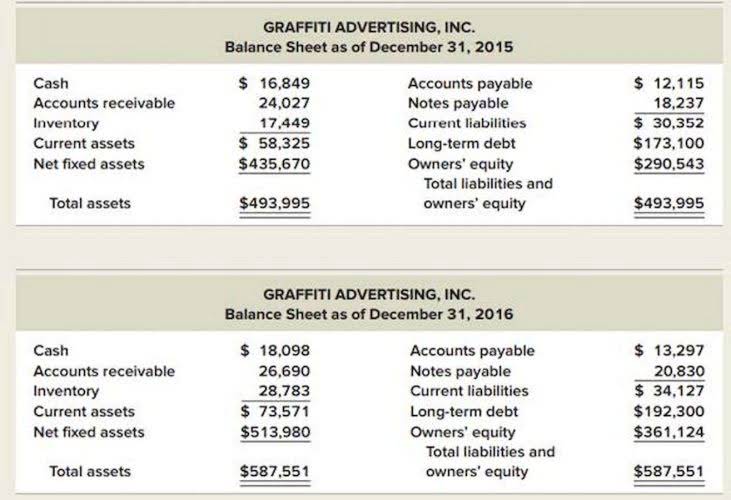Donating Stocks

To ensure your organization can accept and leverage these gifts, you need to have the right infrastructure in place. In addition to providing donors with another option to give, there are huge perks for donors who give nonprofit stock donations. They don’t have to pay any capital gains taxes on the value of the security if it has increased in value while they held it. Cocatalyst offers a service that allows you to setup online stock donations and in less than the time that it would take for you to grab a coffee from the break room. The entire signup process is free and the only work you have to do is filling out a short form, adding a button to your website, and sharing that button with potential stock donors. It might sound too good to be true, but that’s all there is to it!

Want more nonprofit news delivered to your inbox?
Use this information to tailor future outreach based on what tactics successfully encourage donors to give stock. Don’t forget this important step—it’s crucial to thoughtfully market your new stock gifting option to the right supporters. In fact, over 50% of all charitable donations between 2017 and 2020 were non-cash assets. You can see how diversifying your options for your donors allows your nonprofit to balance out the funds received. But one of the biggest reasons why retained earnings balance sheet someone may opt into a nonprofit stock donation is to avoid taxes. Designed assets to help you solicit and accept charitable stock donations.
- FreeWill is not a law firm and its services are not substitutes for an attorney’s advice.
- “This accomplishes two things—you’re increasing your itemized deduction and you avoid the tax because you’re donating the stock to charity,” says Elsensohn.
- Charitable contributions of capital gain property held for more than one year are usually deductible at fair market value.
- Historically, giving and accepting stocks has been messy and overly complicated for both donors and nonprofits.
- They will never be asked for a login username or password, only their brokerage account information.
- The donated stock is then liquified or repurchased, typically by a broker, and your organization receives funds equal to the value of each share of stock based on that day’s sale price.
- Imagine that a high-income donor who normally donates mid-level cash gifts to your nonprofit also owns multiple publicly traded stocks.
Donors Donate Stock to Your Nonprofit

With more people investing, nonprofits must accept stock donations to broaden both their donor pool and their fundraising revenue. This handy way of giving is a major win for both donors and nonprofits. If you’re unsure how to start accepting Bookstime stock donations, you’ve come to the right place!
The modern way to accept stock gifts: 4 steps

When ready to make a gift, users are presented with three options. The first and most prominent option is initiating a stock gift online, which will prompt the donor to complete a form. As you promote your stock giving option in marketing and conversations, direct donors and prospects straight to your new stock giving page. Here, they’ll input their information and begin the transaction process. Platforms like FreeWill make it easy to address all the concerns discussed above.
Step #5: Stock Donation Confirmation
To donate stock to charity, you’ll first want to find whether the receiving charity has a brokerage account that can accept gifted stock. You can request this information directly from the charity; some even have it listed on their websites. The truth is that donating stocks offers benefits for both you and the lucky charity. Here’s a guide to how you can donate stocks and reap tax rewards for your generosity.

Donors Interested in Gifting Private Shares to Nonprofits: A Guide
In the same way donors can give cash to a nonprofit, they can how to accept stock donations also give stock, ETFs, and other securities. The donated stock is then liquified or repurchased, typically by a broker, and your organization receives funds equal to the value of each share of stock based on that day’s sale price. Ultimately, stock donations allow for donors to give more to the causes that are meaningful to them and for nonprofits to maximize their fundraising potential.
